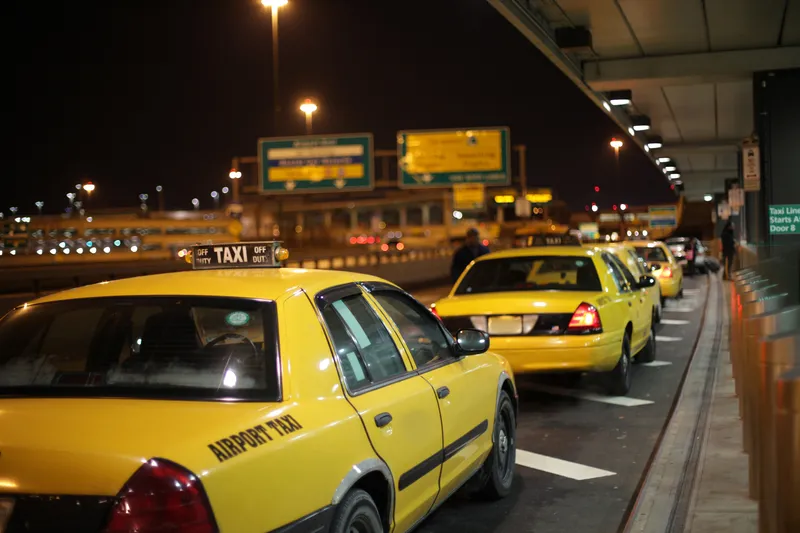
Tolling technology specialist TransCore is to beef up transport management on the roads around Denver International Airport in Colorado, US.
The upgrade is designed to help improve commercial vehicle access control and revenue collection, while improving traffic flow on terminal roadways and reducing kerbside waits for passengers.
Technology deployed will include automated commercial vehicle identification, combining radio frequency identification (RFID) and licence plate recognition (LPR) to provide virtual queuing.
There will also be automated taxi dispatch, and improved access control for commercial vehicles and ride-hailing companies entering passenger pick-up and drop-off zones.
“Denver International Airport is one of the nation’s busiest airports and has been a long-time partner of TransCore," said Michael Mauritz, SVP of ITS solutions at TransCore.
In fact, the relationship to provide ground transportation management stretches back around 25 years, during which time more than 60,000 RFID transponders have been issued for automatic vehicle identification.
The system currently monitors 36 lanes of travel in and around the airport and manages landside access for more than 7,000 registered vehicles.








